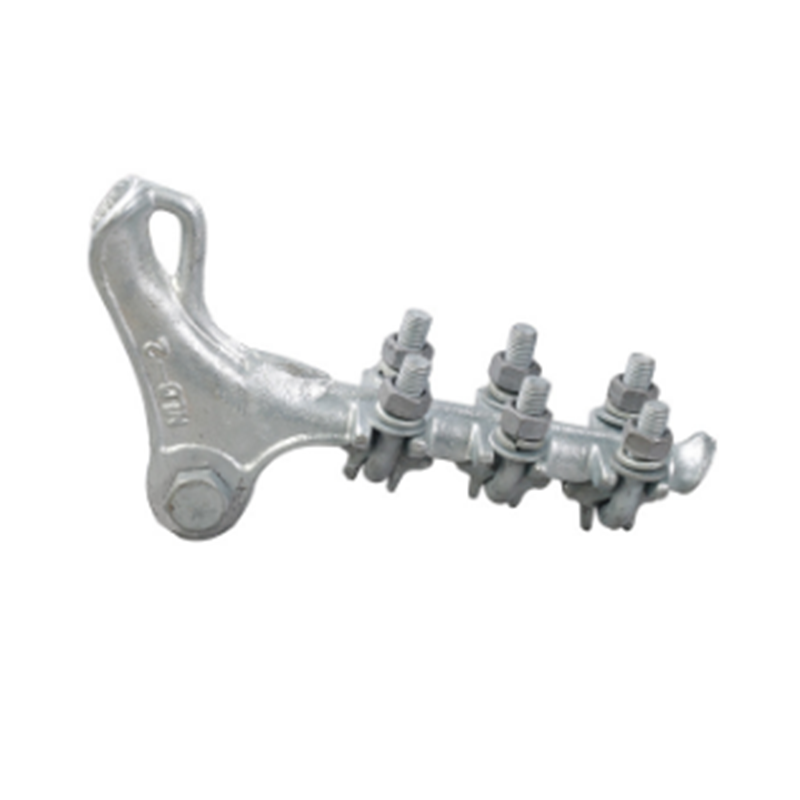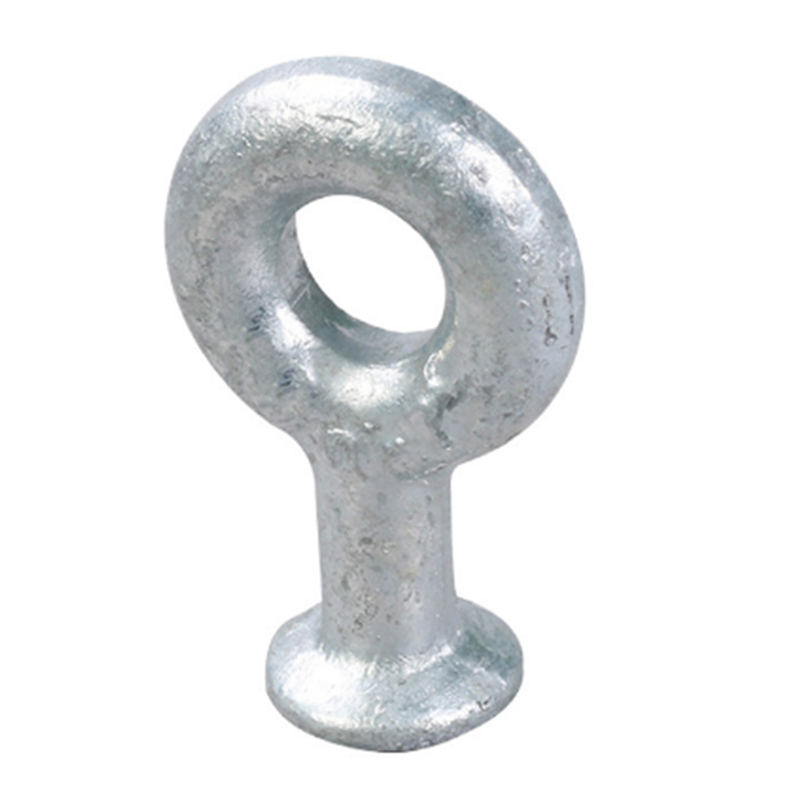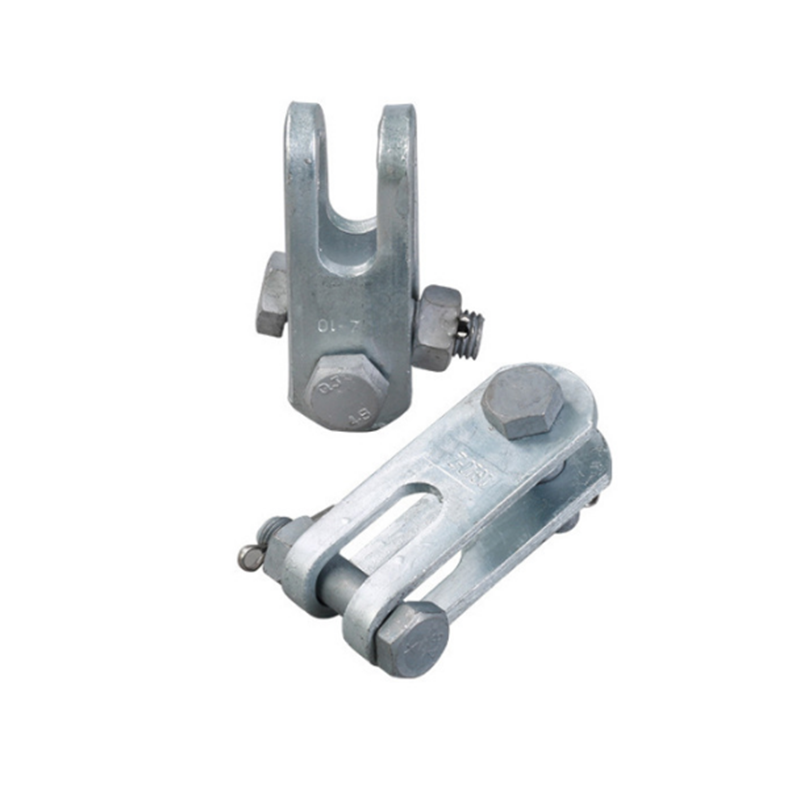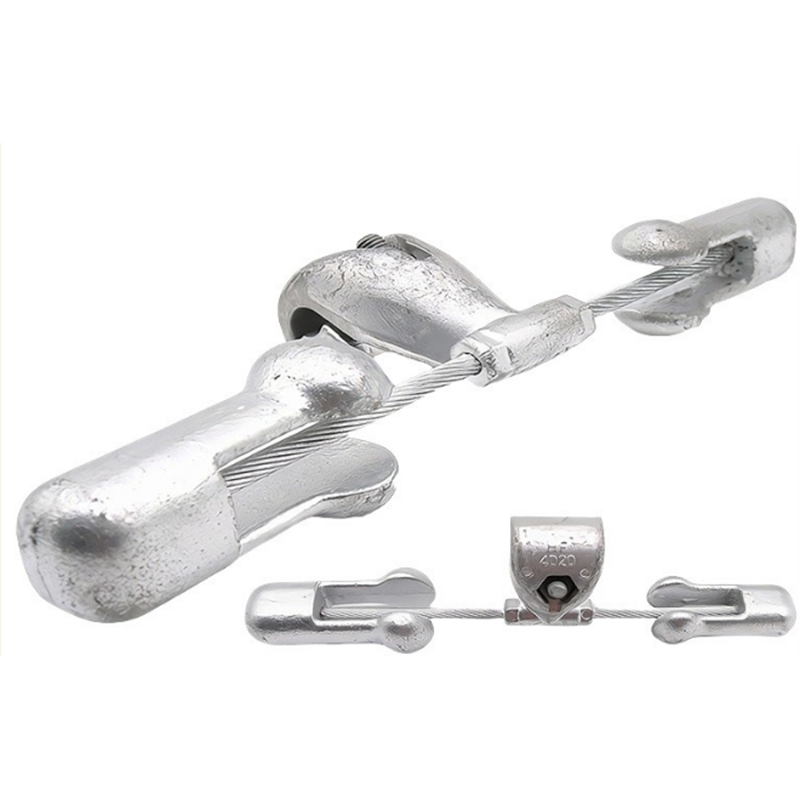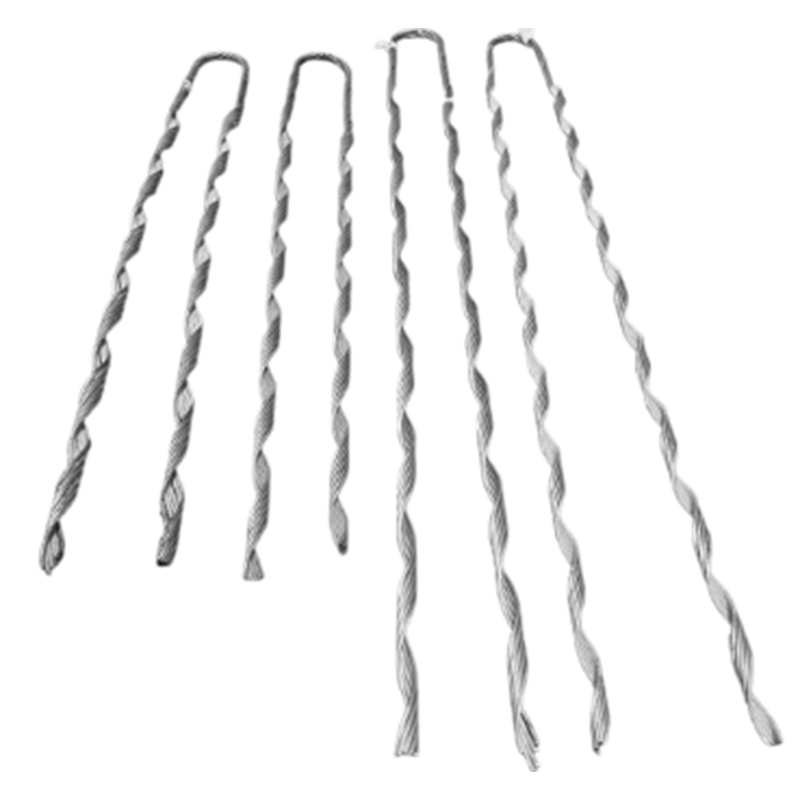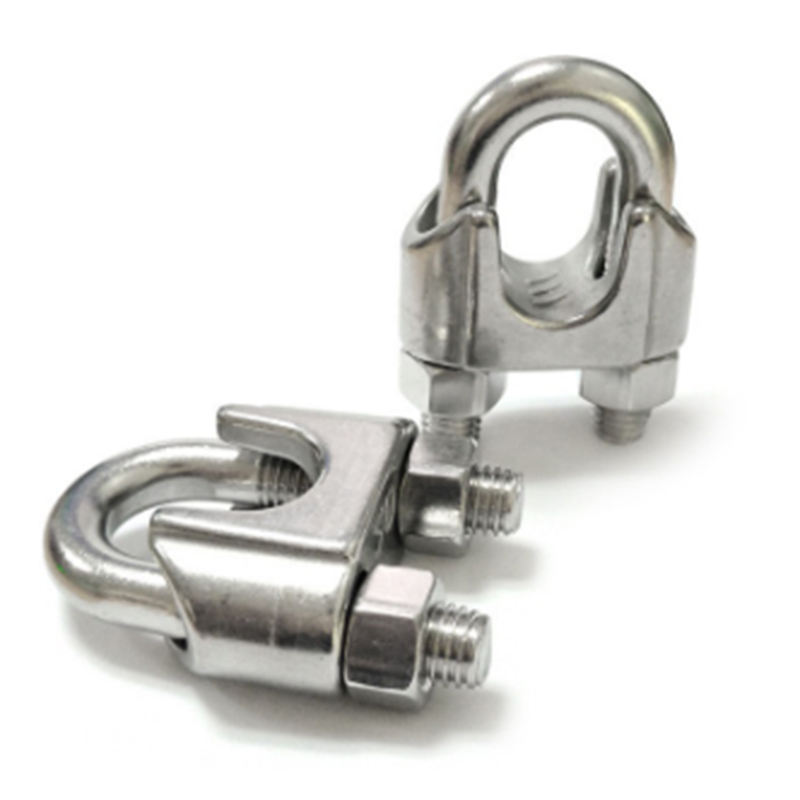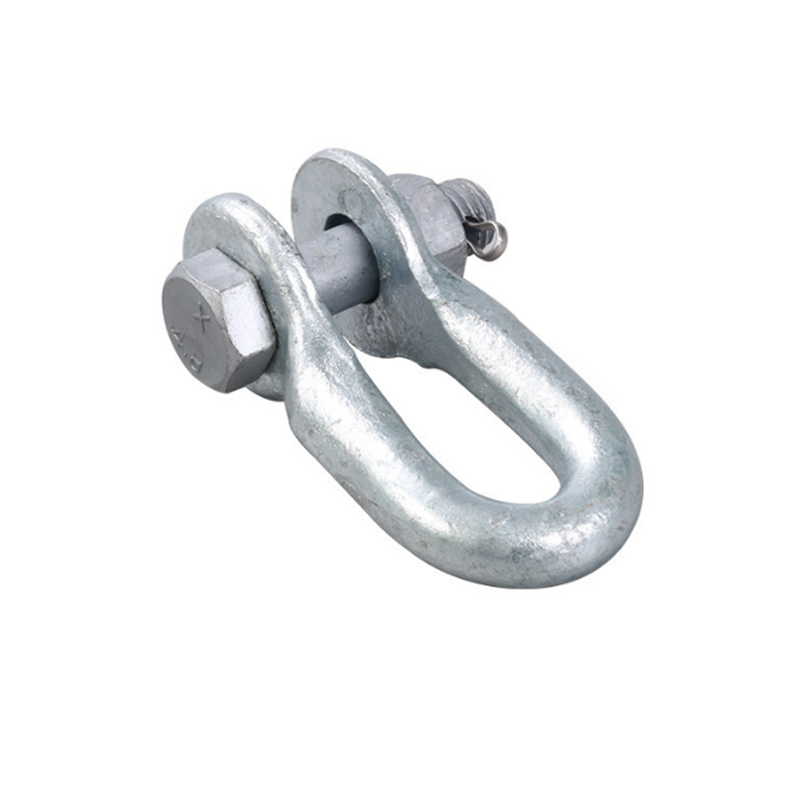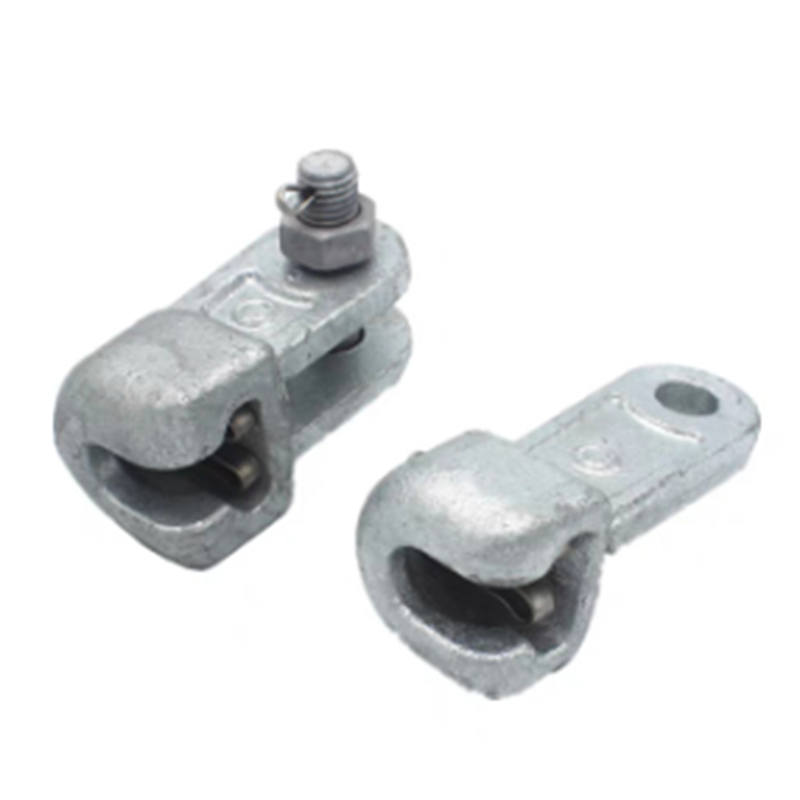- Chinese
- French
- German
- Portuguese
- Spanish
- Russian
- Japanese
- Korean
- Arabic
- Irish
- Greek
- Turkish
- Italian
- Danish
- Romanian
- Indonesian
- Czech
- Afrikaans
- Swedish
- Polish
- Basque
- Catalan
- Esperanto
- Hindi
- Lao
- Albanian
- Amharic
- Armenian
- Azerbaijani
- Belarusian
- Bengali
- Bosnian
- Bulgarian
- Cebuano
- Chichewa
- Corsican
- Croatian
- Dutch
- Estonian
- Filipino
- Finnish
- Frisian
- Galician
- Georgian
- Gujarati
- Haitian
- Hausa
- Hawaiian
- Hebrew
- Hmong
- Hungarian
- Icelandic
- Igbo
- Javanese
- Kannada
- Kazakh
- Khmer
- Kurdish
- Kyrgyz
- Latin
- Latvian
- Lithuanian
- Luxembou..
- Macedonian
- Malagasy
- Malay
- Malayalam
- Maltese
- Maori
- Marathi
- Mongolian
- Burmese
- Nepali
- Norwegian
- Pashto
- Persian
- Punjabi
- Serbian
- Sesotho
- Sinhala
- Slovak
- Slovenian
- Somali
- Samoan
- Scots Gaelic
- Shona
- Sindhi
- Sundanese
- Swahili
- Tajik
- Tamil
- Telugu
- Thai
- Ukrainian
- Urdu
- Uzbek
- Vietnamese
- Welsh
- Xhosa
- Yiddish
- Yoruba
- Zulu
- Kinyarwanda
- Tatar
- Oriya
- Turkmen
- Uyghur

Alan Hyde
The Intricacies of Manufacturing: Insights into Alan Hyde's Approach
Alan Hyde is a name often mentioned in the world of fastener manufacturing, but what does it conjure for those entrenched in the industry? Perhaps it's his meticulous approach or his innovative solutions—yet, it's never about just one thing. Through experience shared by many who’ve toggled between the drawing board and the factory floor, it is the flexible navigation around the challenges of production that stands out most.
Understanding the Alan Hyde Methodology
What many miss when they first encounter the work of Alan Hyde is the importance of understanding market dynamics before diving into production. His strategy often begins with a comprehensive evaluation of market needs and trends. It’s not just about producing washers or bolts; it's about producing the right type of fastener for a specific need. This mirrors the practice at establishments like Shengfeng Hardware Fastener Factory, where customer-centric production is key.
Moving forward, Hyde emphasizes adaptability—not every batch runs perfectly, and it's imperative to iterate rapidly to meet quality standards. He advocates a hands-on approach, where planners are encouraged to understand the production nuances deeply enough to personally test hypotheses on the floor. This is particularly crucial when dealing with diverse specifications.
I've noticed that many who attempt to strictly adhere to a rigid blueprint without accommodating continual feedback from the factory environment often face bottlenecks. This is where Alan Hyde's philosophy of iterative testing and real-time adjustments proves beneficial, ensuring agility in production.
Challenges and Solutions in Fastener Manufacturing
One of the persistent challenges in this realm is maintaining consistent quality across different product lines. Take the offerings at Shengfeng Hardware Fastener Factory as an example; with over 100 specifications in production, variability is not uncommon. Hyde’s approach encourages regular quality audits and stresses on machine calibration—a small misalignment can turn into a significant issue.
Another issue is supply chain management. When working at a facility like Shengfeng, logistics can either serve as a backbone or a bottleneck. The proximity to infrastructure, such as National Highway 107, offers advantages, but the real task is in ensuring that the flow of materials is unobstructed and efficiently managed.
In dealing with such logistic challenges, Alan Hyde often advises to cultivate reliable relationships with suppliers and to establish a contingency plan. This mindset aids manufacturers in mitigating risks associated with delivery times and availability of raw materials.
Innovation through Design and Implementation
Innovation, in Hyde's perspective, is not just about coming up with novel designs; it also encompasses implementing these designs effectively. Take, for instance, the standardization of spring washers. There's an art to crafting these components that perform optimally under stress. Slight variations in tension or diameter could mean the difference between a product that fits well or one that compromises structural integrity.
Experimentation, according to Hyde, should focus not just on the design but also on process efficiencies. Techniques like just-in-time manufacturing or lean principles have been part of discussions not for merely theoretical allure but their palpable benefits on the production line.
However, it is vital not to lose sight of the foundational methods that ensure product reliability. Investment in training ensures teams adapt to changes swiftly, improving not just immediate outputs but long-term resilience.
Building a Skilled Workforce
Hyde always believed in empowering the workforce as a pivotal element of successful manufacturing operations. His approach does not see personnel merely as cogs in the machine but as active participants in innovation and quality assurance.
At places like Shengfeng Hardware Fastener Factory, the focus is on continuous skill development. Employees who understand the intricacies of their craft are better at foreseeing potential issues and contributing meaningfully to quality improvements.
It’s also about fostering an environment where feedback is encouraged. The insight from those who interact directly with the machines is invaluable and often leads to practical solutions that might not surface during planning phases.
The Future of Fastener Manufacturing
In the ever-evolving landscape of manufacturing, Hyde sees future growth tied to sustainability and adaptability. With environmental concerns gaining prominence, reducing waste and optimizing resource use have become more than just ethical considerations—they are business imperatives.
Manufacturers like those in Hebei Pu Tiexi Industrial Zone are now contemplating greener production methods. Innovations that reduce energy consumption and waste do not just meet regulatory standards but often result in cost savings that can be reinvested into the business.
Ultimately, the legacy of Alan Hyde in the fastener industry is marked by his relentless pursuit of improvement, his capacity for forward-thinking, and his insistence on quality and adaptability, creating a roadmap for businesses aiming to thrive in an increasingly competitive and conscientious market.
Соответствующая продукция
Соответствующая продукция




